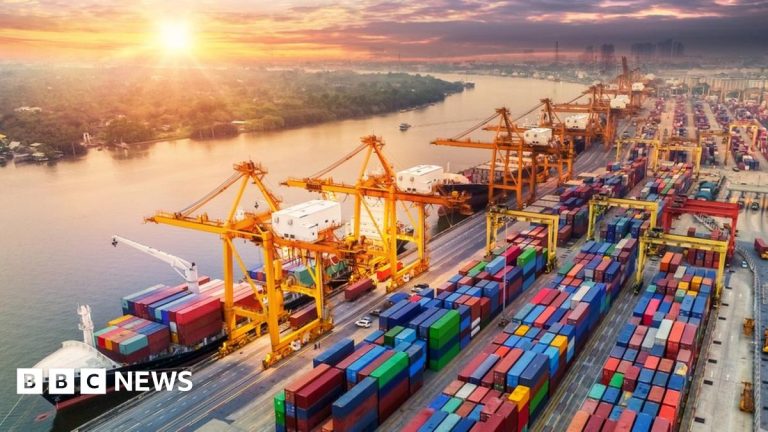The main benefit is better access to respective markets and a commitment to eliminate or reduce 95% of import taxes or customs duties.
But some are retained to protect sensitive national areas, such as Japan's rice industry.
Additionally, manufacturers who obtain components from many different places can claim that their products receive preferential treatment.
This means that they can check the so-called “rules of origin” box, provided that 70% of these components come from one of the participating countries.
The provisions could help UK producers of goods such as machinery and medicines – our most valuable exports to these countries – by reducing their costs and allowing them to extend their supply chains across constituent countries.
Outside of trade, membership means that investors from CPTPP countries receive the same treatment as domestic companies when investing in projects in other member states, which could benefit UK companies.
In 2017, CPTPP countries accounted for around £1 in every £12 of foreign investment in the UK, and the same in the other direction – supporting business and employment.
In return, countries must cooperate on regulations, such as food standards.
However, unlike the European Union, the CPTPP is neither a single market nor a customs union.
Countries are therefore not required to have identical regulations and standards.
And countries can strike their own trade deals with others, as the UK has done with the EU – although joining the CPTPP would not be compatible with re-joining the EU itself.

